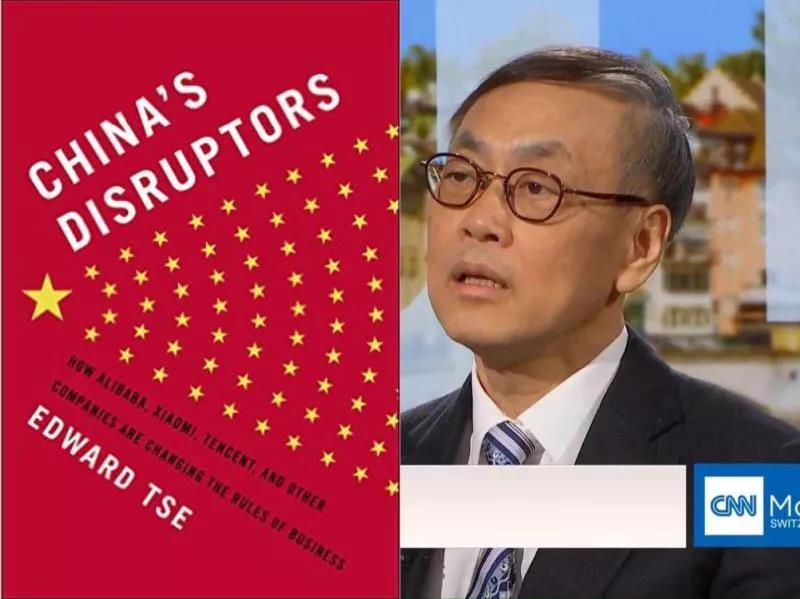
By Edward Tse
March 29, 2018
A Gap in Expectations – Why People Didn’t Understand China’s Innovation
Many people are now talking about China’s innovation like they have just discovered a New Continent. Some say China is now going “from imitation to innovation” while others even say, “It’s time to copy China.” This is unthinkable just several years ago.
Recently, I went back to my book China’s Disruptors, which came out in 2015, to recall what people said about China’s innovation at that time. The following is a relevant excerpt. In addition to the people quoted in the excerpt, I remember around that timeframe, Carly Fiorina, ex Hewlett-Packard CEO, was quoted saying, “…but what (the Chinese) can’t do is innovation, they are not terribly imaginative, they are not entrepreneurial…”
The following is the excerpt from my book.
Outsiders who get information about China from the Western media tend to view it as an innovation desert: a country of copycat firms, weak or nonexistent intellectual-property rights, and an education system based on rote learning.
Addressing a group of air force cadets in May 2014, U.S. vice president Joe Biden declared, “I challenge you, name me one innovative project, one innovative change, one innovative product that has come out of China.” Two months earlier, Harvard Business Review published an article with the headline “Why China Can’t Innovate.” The piece, written by business-school professors Regina M. Abrami, William C. Kirby, and F. Warren McFarlan, boldly declared: “Today, … many believe that the West is home to creative business thinkers and innovators, and that China is largely a land of rule-bound rote learners – a place where R&D is diligently pursued but breakthroughs are rare.”
The authors agreed with this outlook and dismissed the kind of advances seen at companies such as Alibaba and Baidu as “second-generation” innovation – adaptations of existing technologies for the Chinese market, and the kind of routine work companies around the world do day in and day out once someone else has done the blue-sky thinking.

Source: Google
This is bizarre. How can the authors of that article and many other similar pieces miss the impact that companies in a wide range of industries are creating in China, reworking daily life by inventing and applying new ideas in a variety of fields? Consider Haier in white goods. Huawei in telecommunications. Xiaomi in mobile phones. Alibaba in e-commerce and finance. Tencent in messaging and gaming. These are just a few examples; there are many more. Yet they are often overlooked. Why?
Rather than simply a snapshot of today, or even a view from the past, China’s development is inevitable, discontinuity is a way of life and often multi–dimensional. As such, linear and single-dimensional viewpoints will often miss the point.
The simplest explanation is a gap in expectations. Chinese companies have yet to produce basic technological research in power systems or chemicals, for example, or a product or service that has had the same impact on Western markets as the iPhone or Facebook, or a praised and adopted business process such as Japan’s “just-in-time” production system. But simply translating this into “China isn’t innovative” is short-sighted, simply focusing on what has not happened in China and not seeing what is actually taking place.

Source: Google
Since my book was published, China has taken huge strides in both innovation and entrepreneurship. Today, many people have come to recognize that China can be innovative, especially in tech-enabled innovations. However, as the above excerpt of my book indicates, this certainly wasn’t the case just a few years ago. It is always important for people to study China not from a long distance but be on the ground – all the time and across many dimensions. It is also important for people to adopt a prospective point of view on the likely changes in China instead of just taking a snapshot of today or constantly looking back at the past.
Edward Tse is founder & CEO, Gao Feng Advisory Company, a global strategy and management consulting firm with roots in China. A pioneer in China’s management consulting profession, he led the Greater China operations for two major international management consulting firms for 20 years and is widely known as China’s leading global business strategist. He is author of The China Strategy (2010) and China’s Disruptors (2015).

